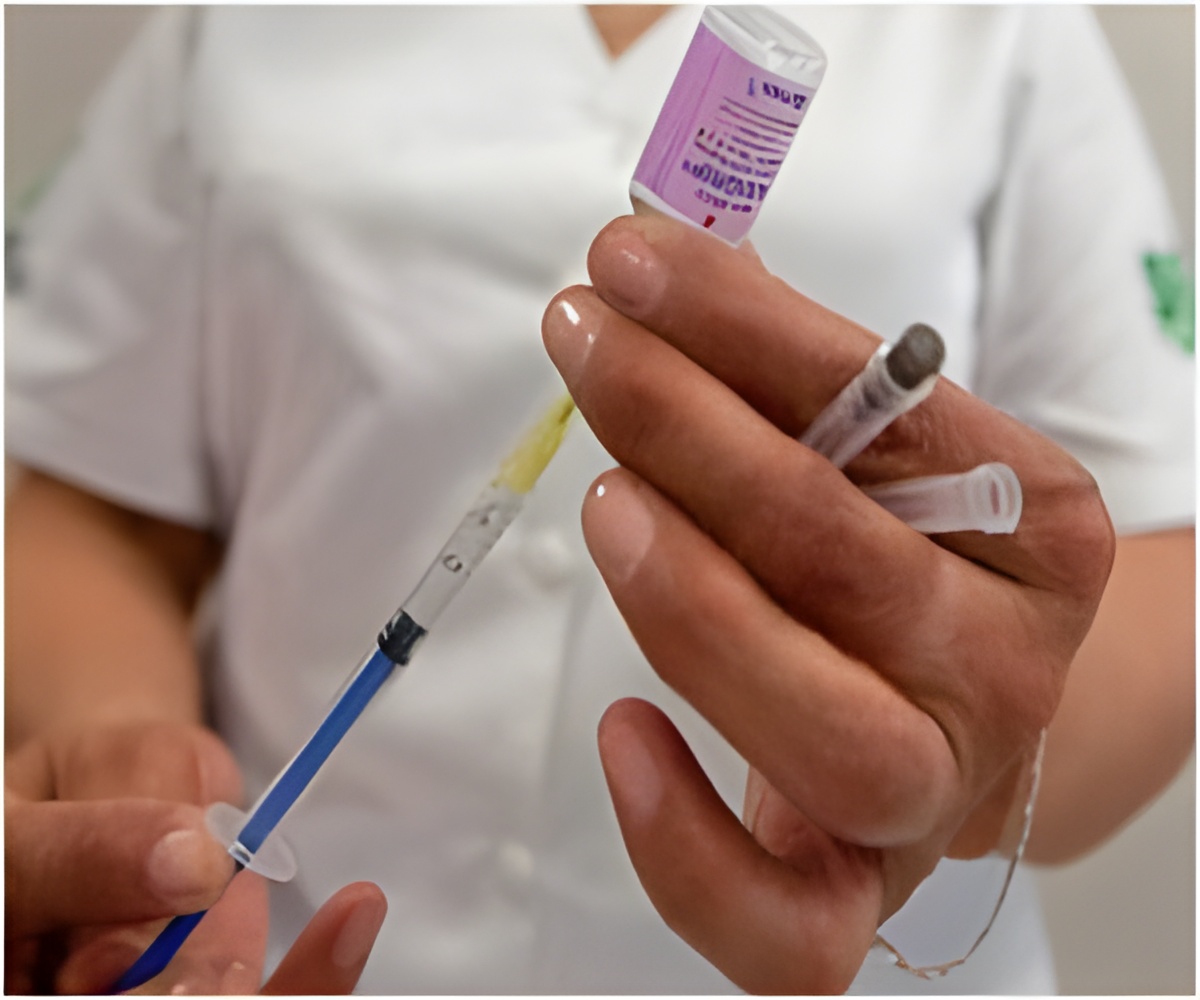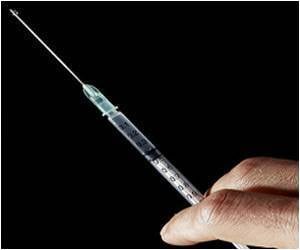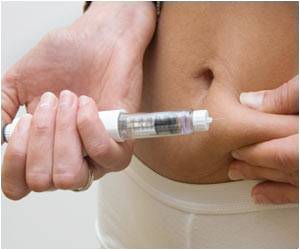
‘Forum for Injection Technique (FIT) India emphasizes safe disposal of insulin syringes and pen needles to reduce environmental impact of modern diabetes management.’
Tweet it Now
The article stated that, “There are over 200 million insulin delivery devices generated in India each year. Approximately 65 million Indians living with diabetes consume about 160 million insulin syringes and 50 million pen needles annually, along with about 40 million syringes used for immunization. Most of these devices are disposed of under unsafe circumstances.”It also noted that around 9.6 crore vials, cartridges and prefills are consumed in a 12-month period (6.7 crore vials, 2.5 cartridge and 0.7 disposable pens), adding to the burden of glass and plastic on the environment.
The net amount of plastic generated from insulin syringes alone, each year is 600,000 kg. This excludes the plastic generated from more than 40 million pen needles used every year in India.
“While modern insulin technique guidelines address the need for appropriate disposal of needles and syringes, safe disposal of insulin delivery sharps is seldom practiced in clinic and home care environment,” said Sanjay Kalra, FIT advisory board member and lead author of the article.
As per the FIT recommendations, biomedical diabetes care-related wastes need to be recycled and not reused. It has also planned to conduct a drive “Go Green Stay Fit” to emphasize the importance of safe disposal of insulin syringes and pen needles and prevention of reuse or re-capping of insulin injecting devices to prevent accidental needle-stick injuries.
Advertisement















